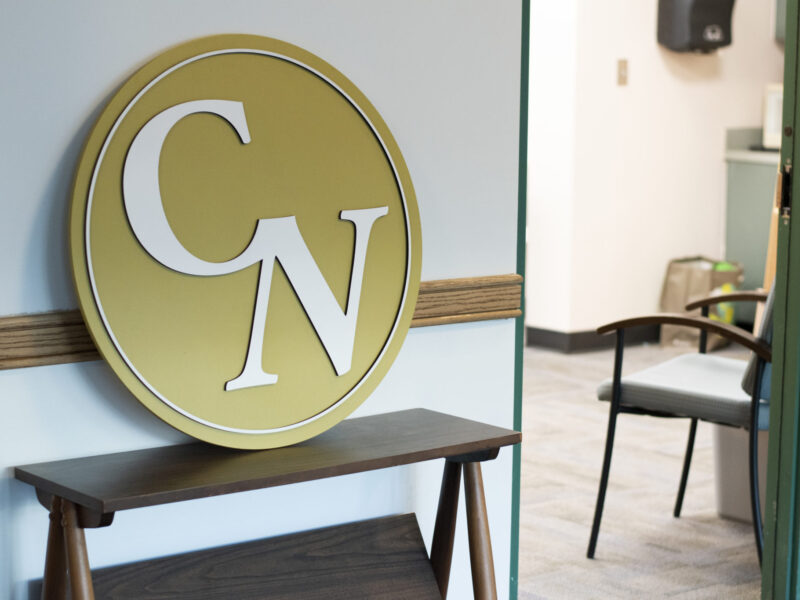By Amy Diaz
The Poynter Institute of Media Studies in St. Petersburg is set to receive a $3 million grant over the course of two years from Google to lead a national project aimed at teaching middle and high school students how to tell fact from fiction online.
MediaWise is a collaboration of the Local Media Association, Stanford University Graduate School of Education and Poynter Institute. The project has many components, including developing curriculum to be taught in schools and an online initiative involving social media celebrities.
Stanford is creating open source curriculum, assessments and instructional videos for teachers to implement across disciplines.
“Typically, news literacy is taught through history classes and the library,” said Tina Dyakon, Poynter’s advertising and marketing director, during a recent a press conference for USF St. Petersburg journalism students. “We feel that’s too limited.”
The curriculum will teach students how to look at websites to determine group motivations, political agendas, false references and to debunk the latest news about Kim Kardashian.
The initiative will be amplified through popular YouTube creators, including John Green of CrashCourse, Destin Sandlin of Smarter Every Day and beauty guru Ingrid Nilsen, with large platforms reaching the target audience — students.
“We are developing a 24-month content strategy with the (YouTube) creators focusing on reach, voice, and how it will go across time,” Dyakon said. “We want it to be authentic and in the voice of their show.”
The program will also employ teen fact-checkers who will consume information and look for things to be fact-checked. They will then correct the information on the platform that the information was natively found.
“If they debunk a Snapchat, they will make a Snapchat correcting it,” Dyakon said. “We’re not taking the traditional approach by publishing a website. Teens need to see information in their feeds.”
In the era of fake news the Poynter Institute views this program as vital to preserve democracy and “reduce the spread of misinformation, which is polluting our civic life,” said Poynter Institute president Neil Brown in a press release.
To keep the program going, they will need more than $3 million.
“I think $30 million wouldn’t have been enough,” Dyakon said.
It is their hope, Dyakon said, that people will realize the importance of developing the skills to identify misinformation and the project will continue to receive funding and support from Google and other corporations.
“We want to show Google that we are having these conversations,” Dyakon said. “We want to create paths that will be worth walking down at the end.”
Header photo: Jonah Hinebaugh | The Crow’s Nest



